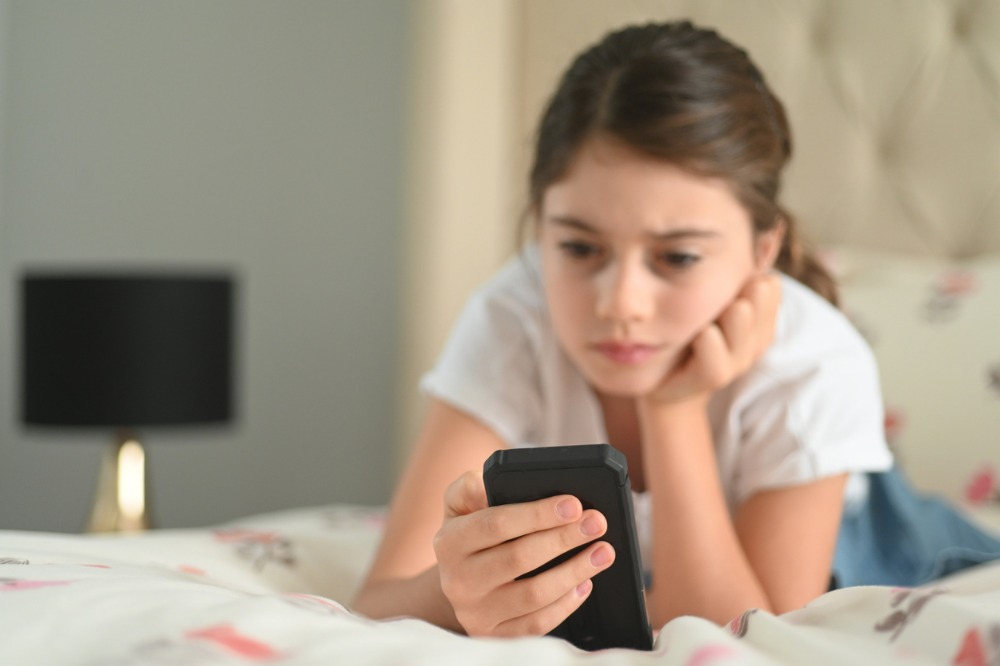
A growing body of research has found that adolescents who spend more than three hours per day on social media face double the risk of experiencing poor mental health outcomes, including symptoms of depression and anxiety.
Young people also have significant safety concerns about the online environment, with 31% of 16–19-year-old Australians reporting image-based sexual abuse, 66% expecting to encounter privacy or security issues, and 85% considering it likely they will have negative interactions with strangers.
Studies have also linked social media to reduced academic outcomes, with a staggering 89% of teachers saying social media is having a negative impact on children's reading habits. Three quarters (75%) of those surveyed in the Reluctant Readers study believe students who cannot read at an expected level will be ill-equipped to access the curriculum, impacting on their ATAR results.
What is being done?
In an effort to finally bring this issue to heel, the governments of NSW, Queensland, Victoria and South Australia are now mulling a ban on social media for children under the age of 16. Currently, users have to be at least 13 years of age to create a social media account, but this hasn’t stopped many underaged children from signing up.
In October this year, a major summit, hosted by the NSW Government, will bring together senior officials, policy makers, academics, as well as representatives from other jurisdictions, leading social media platforms and digital technologies.
The summit will aim to examine the latest evidence and develop a response to growing community concern about the mental health impacts of social media, especially for young kids. In a statement last week, the NSW Government said it will “collectively use the findings to inform any regulatory and legislative changes” that may be coming.
And with Prime Minister Anthony Albanese having now endorsed a ban on social media for kids under 16, it’s likely those changes won’t be far off.
“What we want is our youngest Australians spending more time outside playing sport, engaging with each other in a normal way and less time online,” Albanese told Nova FM radio on 21 May. “And one way to do that is through restrictions on social media.”
He said the often-vicious commentary on social media could harm adults and have an even worse impact on children.
“It can be devastating. I don’t look at the comments on my social media because, if I did, I’d find it difficult to leave the house in the morning. People will say things anonymously that are terrible.”
NSW Premier Chris Minns said kids’ access and exposure to devices and social media is a conversation happening in his own household.
“I hear from parents all the time – they are worried about their kids seeing something they can’t unsee, online bullying, online predators, and the general increase in anxiety about what other friends say, do and show on their on social media,” Minns said.
“I’m convinced we need more conversations and solutions for parents, schools and communities about how to manage this. This summit will bring together experts and parents alike to talk about what more we can do to protect the wellbeing of our children.”
Will new age-verification rules work?
Earlier this month, the Federal Government announced a $6.5m commitment to trial an age-verification program that will restrict children’s exposure to inappropriate online content, including pornography and potentially social media.
The announcement, which followed a National Cabinet meeting, aims to address gender-based violence in Australia – an issue that has been top of mind for schools in the wake of the Yarra Valley Grammar scandal.
Experts say effective age-checking technologies are complex and pose data security risks, with some critics warning about the erosion of privacy. However, young people and parents, recently surveyed by the University of Sydney, supported age verification but doubt its effectiveness, favouring safety education, dialogue, and social media company accountability instead.
In an article posted on The Conversation, Justine Humphry, Senior Lecturer in Digital Cultures at the University of Sydney pointed out that beyond age verification, there’s a growing consensus social media companies should be doing more to ensure users’ safety.
“Until that happens, the best approach is for parents and children to talk to each other to determine the appropriate age for a child to be on social media. By working together, families can develop guidelines and expectations for appropriate use,” Humphry wrote.
“Schools can also help by developing young people’s digital literacy and online safety skills. Ultimately, if we want young people to thrive in online environments, we need to involve them in the decisions that will directly affect them.”


